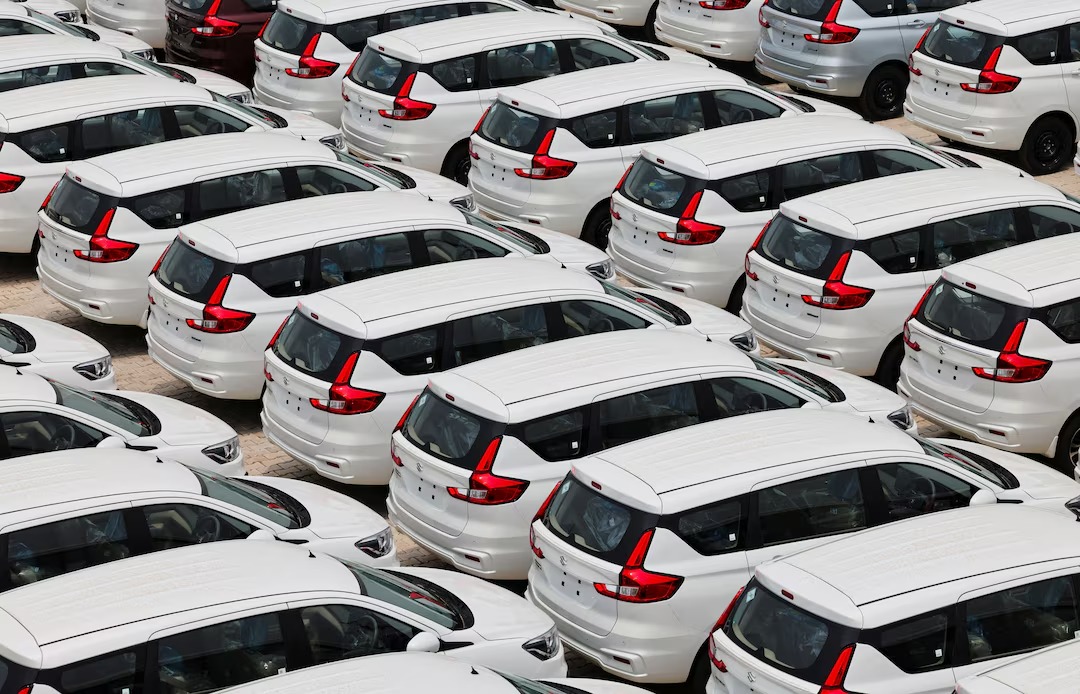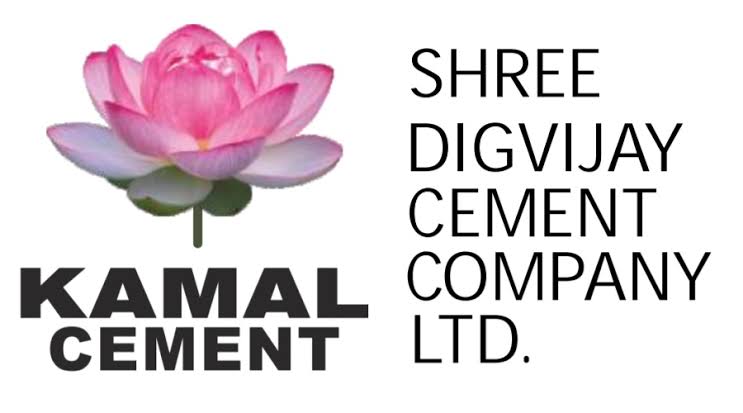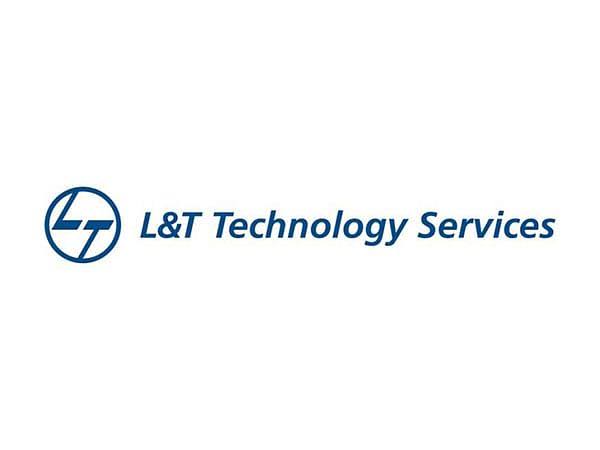
Follow WOWNEWS 24x7 on:

India’s nationwide rollout of E20 fuel—a blend of 20 percent ethanol and 80 percent petrol—has sparked a wave of public concern over vehicle performance, prompting automakers to clarify that while mileage may dip slightly, the fuel is safe for use across both new and older vehicles. The Society of Indian Automobile Manufacturers (SIAM), representing major carmakers including Maruti Suzuki, Hyundai, Tata Motors, Mahindra & Mahindra, and Toyota, addressed the issue at a press event in New Delhi on August 31, 2025.
The clarification comes as E20 becomes the default fuel at nearly all of India’s 90,000 fuel stations, replacing older blends like E5 and E10. While the government touts E20 as a cleaner, domestically sourced alternative to petrol, motorists have taken to social media and consumer forums to report noticeable drops in fuel efficiency and confusion over compatibility with older vehicles.
Key Highlights From The Industry Briefing
- E20 fuel may reduce mileage by 2 percent to 4 percent under controlled conditions
- No reported cases of engine failure or breakdown due to E20 usage
- Warranty and insurance claims will be honored for vehicles affected by E20-related issues
- Carmakers confirm material compatibility for vehicles manufactured after April 2023
- Public interest litigation against the rollout is scheduled for hearing in the Supreme Court
Mileage Impact: Fact vs Perception
While some motorists claim fuel efficiency has dropped by as much as 50 percent, SIAM and other industry experts refute these figures. Controlled studies show a modest 2 percent to 4 percent reduction in mileage, attributed to ethanol’s lower energy density compared to petrol. However, real-world driving conditions—such as vehicle maintenance, driving style, and terrain—can amplify perceived losses.
C V Raman, executive committee member at Maruti Suzuki, noted that on-road mileage may vary significantly, especially for older vehicles not tuned for ethanol blends. Nonetheless, he emphasized that millions of vehicles have been operating on E20 without incident.
Automakers have confirmed that E20 is safe for use in vehicles manufactured after April 2023, which are fully compliant with material and performance standards for ethanol-blended fuel. For older vehicles, SIAM stated that while minor adjustments may be needed—such as replacing rubber gaskets or fuel lines—there is no evidence of systemic engine damage.
Toyota, Renault, and Audi have issued public statements acknowledging a modest variation in fuel economy but assuring customers that E20 poses no serious risks. Warranty coverage remains intact, and manufacturers have pledged to support consumers facing legitimate issues.
Consumer Backlash And Communication Gaps
The rollout has not been without friction. Fuel station managers in cities like Lucknow report verbal abuse from frustrated drivers, many of whom were unaware of the switch to E20. The lack of alternative fuel options and inconsistent messaging from automakers have added to consumer anxiety.
Renault initially advised a customer against using E20 in a 2022 model, only to later clarify that government tests showed no serious challenges. Such mixed signals have fueled public skepticism and led some motorists to seek out expensive, ethanol-free fuel at select stations.
Environmental And Economic Rationale
Despite the controversy, the government remains committed to ethanol blending as a cornerstone of its clean energy strategy. Ethanol, derived from sugarcane, maize, and agricultural residues, offers significant reductions in carbon emissions and foreign exchange savings. Since 2014, ethanol blending has saved India over Rs 1.40 lakh crore in crude oil imports and paid Rs 40,000 crore to farmers in 2025 alone.
Green Fuel Outlook: Balancing Performance With Sustainability
India’s transition to E20 fuel reflects a broader push toward energy security and environmental stewardship. While the shift has triggered concerns over mileage and compatibility, automakers and regulators maintain that the fuel is safe and the benefits—economic, ecological, and strategic—far outweigh the drawbacks. As the Supreme Court prepares to hear public interest litigation on the matter, the debate over E20 is likely to shape future fuel policy and consumer trust.
Sources: Malay Mail, Economic Times, Financial Express, MSN India, Press Information Bureau





